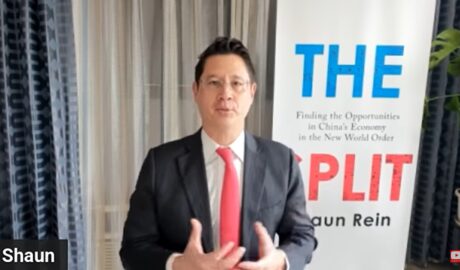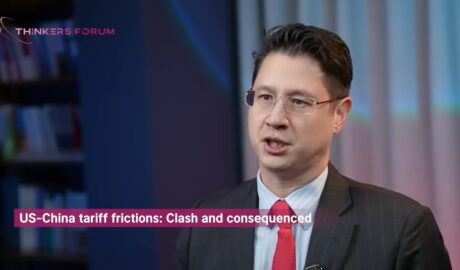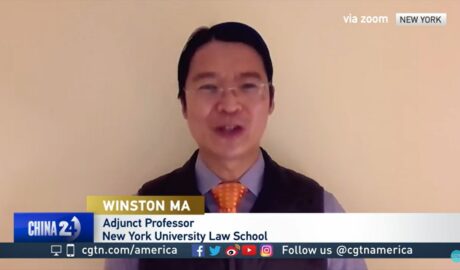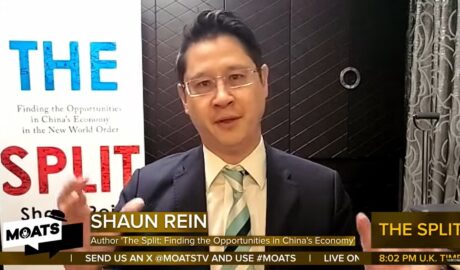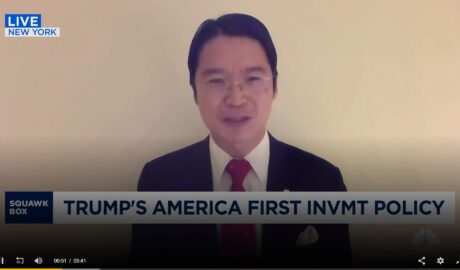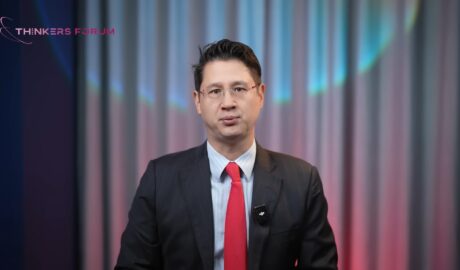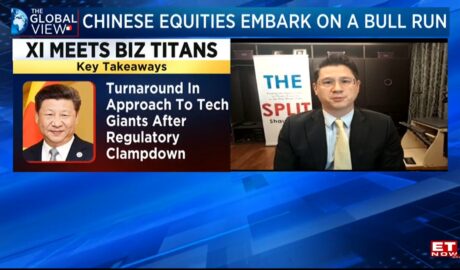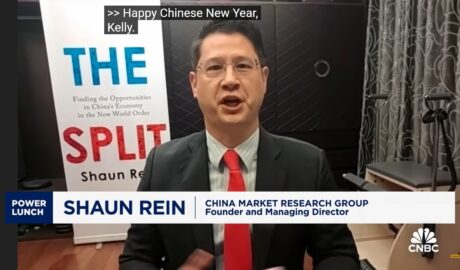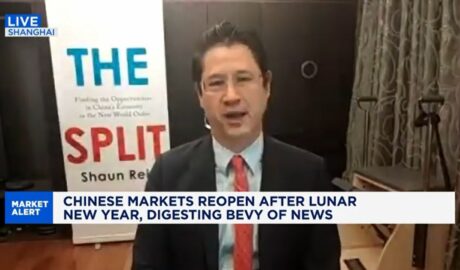What Western media miss in China – Shaun Rein
Shanghai-based business analyst Shaun Rein, author of The Split: Finding the Opportunities in China’s Economy in the New World Order, looks at what Western media miss when they report about China in a wide-ranging discussion with Cyrus Janssen. They wrongly assume China is unstable and often miss the essence of what happens in the country. For example, when the government cracked down on Alibaba founder Jack Ma. What that was about was not a political struggle, but an effort to create a level playing field, where the larger IT companies did not dominate the market anymore, Rein says.Read More →

